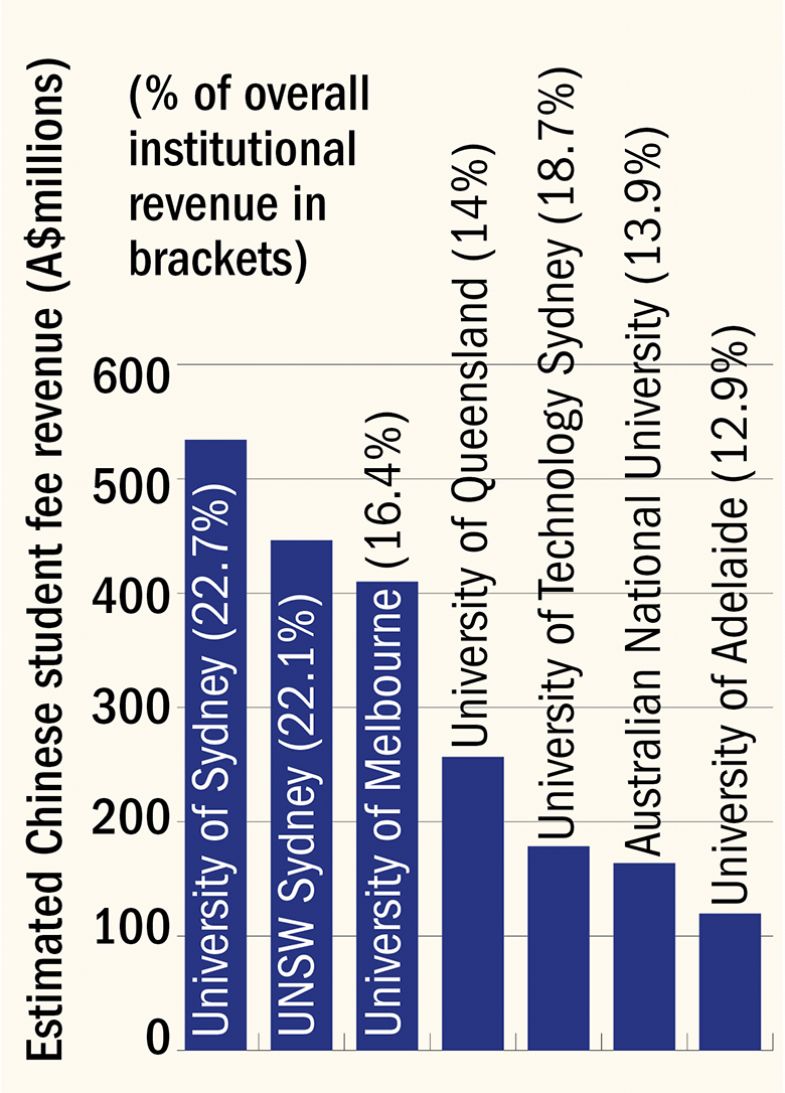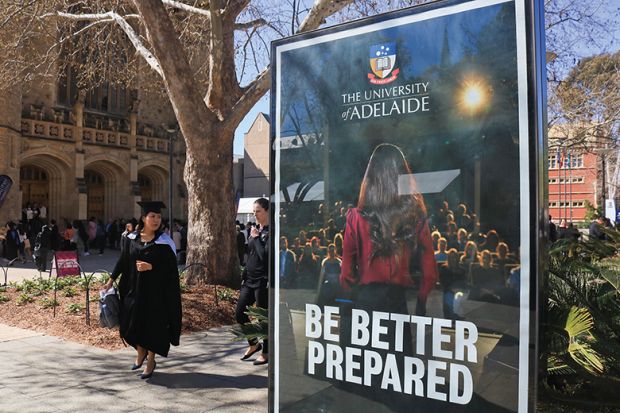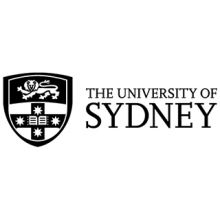Australian universities are taking a “multibillion-dollar gamble” on a precarious income stream that constitutes more than one-fifth of some institutions’ operating revenue, a report warns.
The study says universities assume “massive financial risks” by staking their viability on Chinese students’ tuition fees, surmising that the government will bail them out if necessary because they are “too big to fail”.
The report, by University of Sydney sociologist Salvatore Babones, warns that Chinese enrolments are “particularly unstable” and that factors such as currency restrictions and exchange rate fluctuations pose greater danger than threats from geopolitical tensions.
With China’s yuan at a decade-plus low, Dr Babones said the soft Australian dollar was “the only thing keeping Australian tuition affordable” for Chinese students. That could change if the dollar rebounded, the yuan plunged further or Beijing imposed harsh restrictions on the amount of currency students could take out of China.
“In the context of the trade war, the Chinese economy is already slowing,” he said. “The economic pressure is already there.”
The report says 20 Australian universities have higher shares of international students than any institution in the US. Dr Babones said Australian reliance on Chinese student fees ranged up to 10 times that of America’s “most Chinese” institution, the University of Illinois at Urbana-Champaign, which last year insured itself against declines in Chinese enrolments.
“When you’re managing investments, the rule of thumb is you never have more than 5 per cent of your portfolio in any one asset class,” he said. “Some Australian universities are relying on China for 20 per cent of their revenue.”
Chinese enrolments on Australian campuses

Source: Salvatore Babones, University of Sydney/Centre for Independent Studies
The paper, which draws on dozens of data sources, has been published by the Centre for Independent Studies. It says Australian universities are “routinely” compromising standards to accommodate foreign students.
The claims echo warnings from University of Queensland chancellor Peter Varghese, who said temptations to drop standards must be “stamped on from a great height”.
“I don’t think we necessarily come up to that bar,” Mr Varghese told the Times Higher Education Australia Universities Forum. “Financial incentives on university business plans put a very high premium on international recruitment.”
A Queensland spokesman said international students subsidised universities as their share of funding from the government declined. He said international students’ entry and performance standards were enforced, and Queensland was “diversifying the mix of international source countries”.
The Australian National University, which last year vowed to cap international student growth, said it received most of its funding from the government. A University of Sydney spokeswoman said it had increased enrolments from North America “and we’re working to increase [numbers] from India and South-east Asia…diversification of income is important for any large organisation”.
Dr Babones said universities’ solution to “an overwhelming concentration of Chinese students” was to increase the reliance on India. But India was too poor to offer a “realistic alternative”, with China’s poorest province, Gansu, boasting higher GDP per capita than almost every Indian state and territory.
His paper advocates four steps to “restore sanity” in international enrolments, starting with transparent reporting of student numbers by country, level and field of study. This was required in the UK and standard practice in the US, he said.
Register to continue
Why register?
- Registration is free and only takes a moment
- Once registered, you can read 3 articles a month
- Sign up for our newsletter
Subscribe
Or subscribe for unlimited access to:
- Unlimited access to news, views, insights & reviews
- Digital editions
- Digital access to THE’s university and college rankings analysis
Already registered or a current subscriber? Login














